Automated Systems in Modern Fertility Clinics: Revolutionizing Fertility Preservation
April 26, 2025, 7:50 a.m.
Overview/Summary
Automated systems are changing the game in modern fertility clinics. They bring precision and efficiency to treatments like embryo cryopreservation, giving hope to people struggling with infertility. This article dives into the latest advancements and their role in fertility preservation.
What Are Automated Systems in Fertility Clinics?
Imagine a fertility clinic where machines and smart software work together to make treatments smoother and more successful. That’s what automated systems in modern fertility clinics do. They include robotic tools that handle tiny embryos with care, software that picks the best embryos using artificial intelligence (AI), and machines that keep embryos in perfect conditions. These tools cut down on mistakes and help doctors create plans just for you.
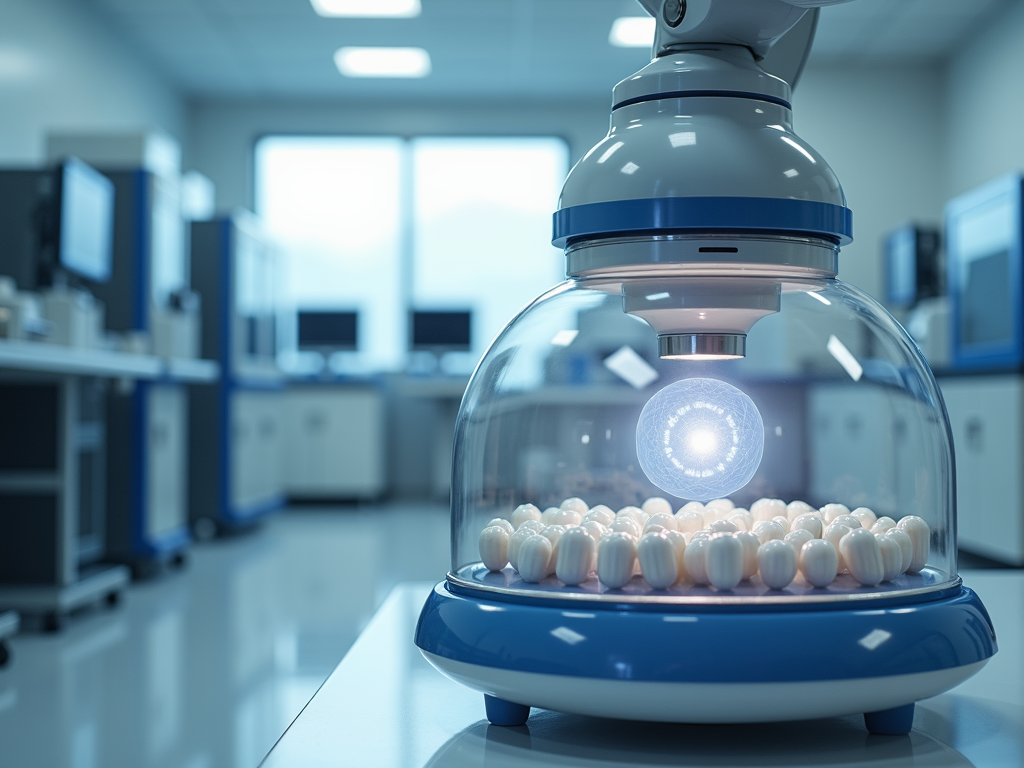
Latest Advancements in Embryo Cryopreservation Technology
Embryo cryopreservation is a big deal—it lets people save their embryos for later. The latest advancements in embryo cryopreservation technology have made this process better than ever. One standout is vitrification, a super-fast freezing method that stops ice from forming and harming the embryos. There are also automated freezing systems that control every step, making sure the embryos stay safe. Plus, smart storage systems keep track of every embryo, so nothing gets lost.
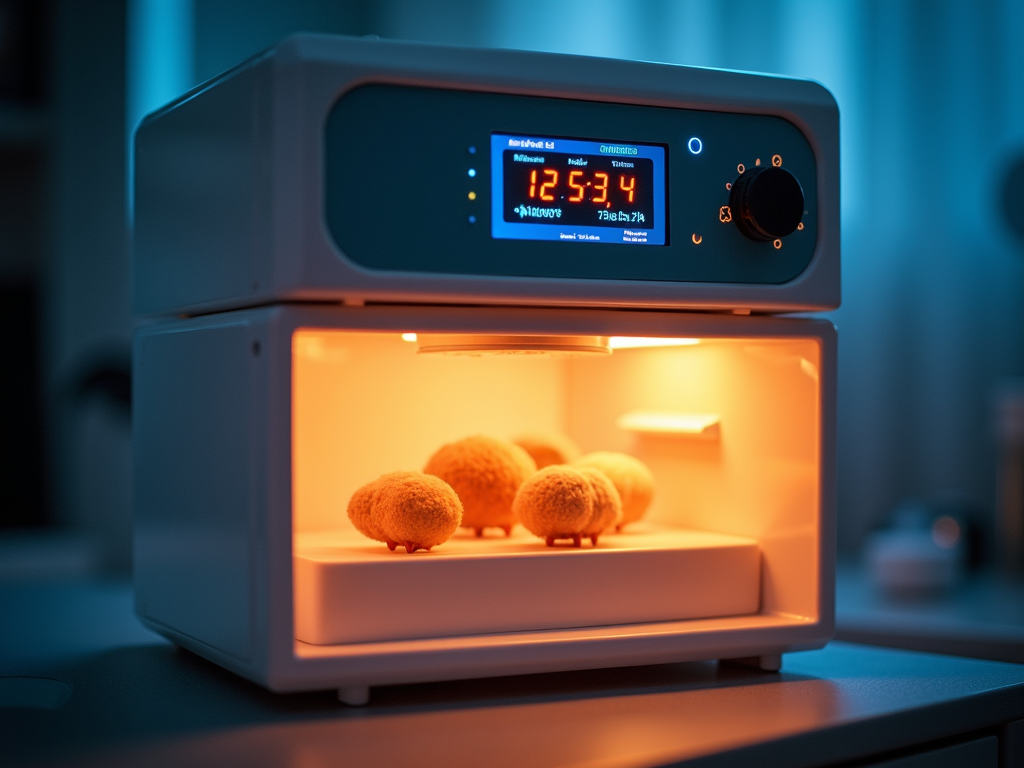
Why Automation Matters in Fertility Preservation
Automation isn’t just cool tech—it’s a game-changer for fertility preservation. Here’s why: - Precision: Robots don’t shake or slip, so they handle embryos perfectly every time. - Speed: Automated systems speed up processes, meaning less waiting for patients. - Better Results: With fewer errors and smarter tools, more treatments succeed. - Custom Care: AI looks at your data and suggests what’s best for you. These benefits make clinics more reliable and give patients a better shot at starting a family.
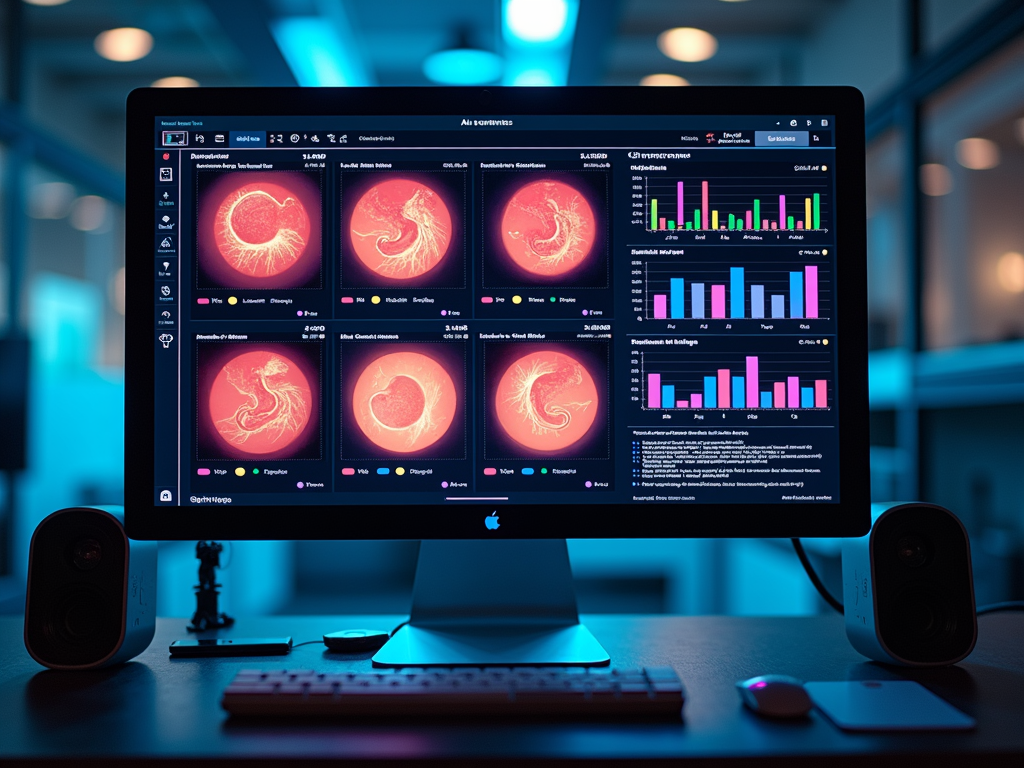
The Upsides of Automation
Let’s break it down. Automated systems in modern fertility clinics save time and boost success rates. For example, an automated incubator keeps embryos cozy and healthy without someone constantly checking it. AI can study thousands of embryo pictures in minutes, picking the strongest ones faster than any human could. This means clinics can help more people, and patients get results sooner.
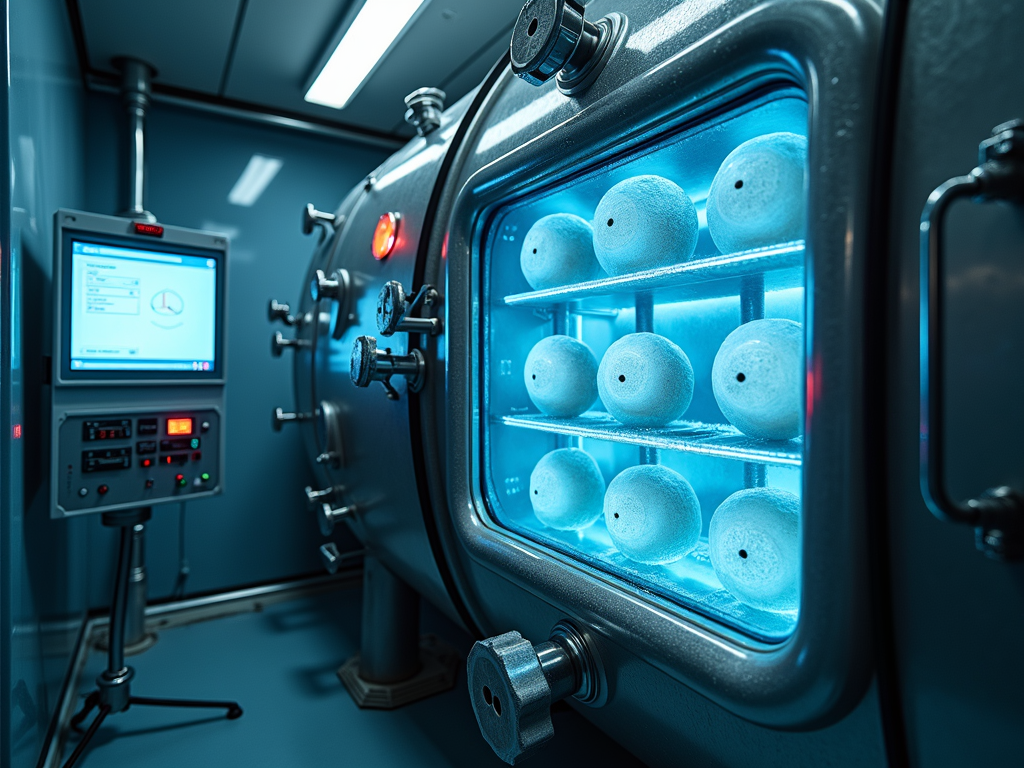
Challenges to Think About
Automation isn’t perfect, though. It can cost a lot to set up, which might make treatments pricier for patients. Some worry about trusting machines too much—should a computer really decide what’s best for a baby-to-be? And if staff lean on tech too heavily, they might lose some hands-on skills. Clinics need to find a balance, keeping the human touch alive while using these tools.
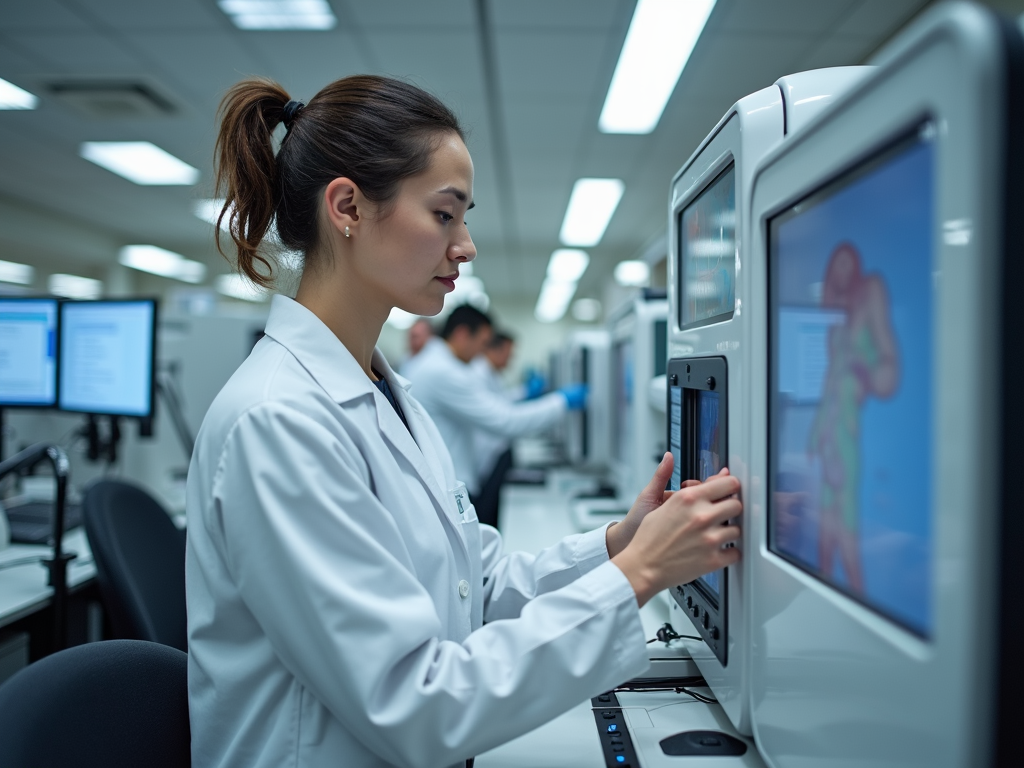
A Real Story of Hope
Meet Sarah and Tom, a couple who faced infertility for years. They went to a clinic using the latest advancements in embryo cryopreservation technology. Their embryos were frozen with vitrification, and AI helped choose the best one to use. The process was smooth and precise, and soon, they held their daughter, Lily. Sarah says, 'The technology gave us a chance we didn’t think we’d have.' Stories like theirs show how automated systems turn dreams into reality.

How Clinics Use Automation Every Day
Picture this: a clinic buzzing with activity. One staff member checks an automated incubator’s readings while another reviews AI suggestions for a patient’s plan. Nearby, a robotic arm moves embryos into storage with steady hands. These systems don’t replace people—they make their jobs easier. Staff can focus on caring for patients, not just managing equipment.
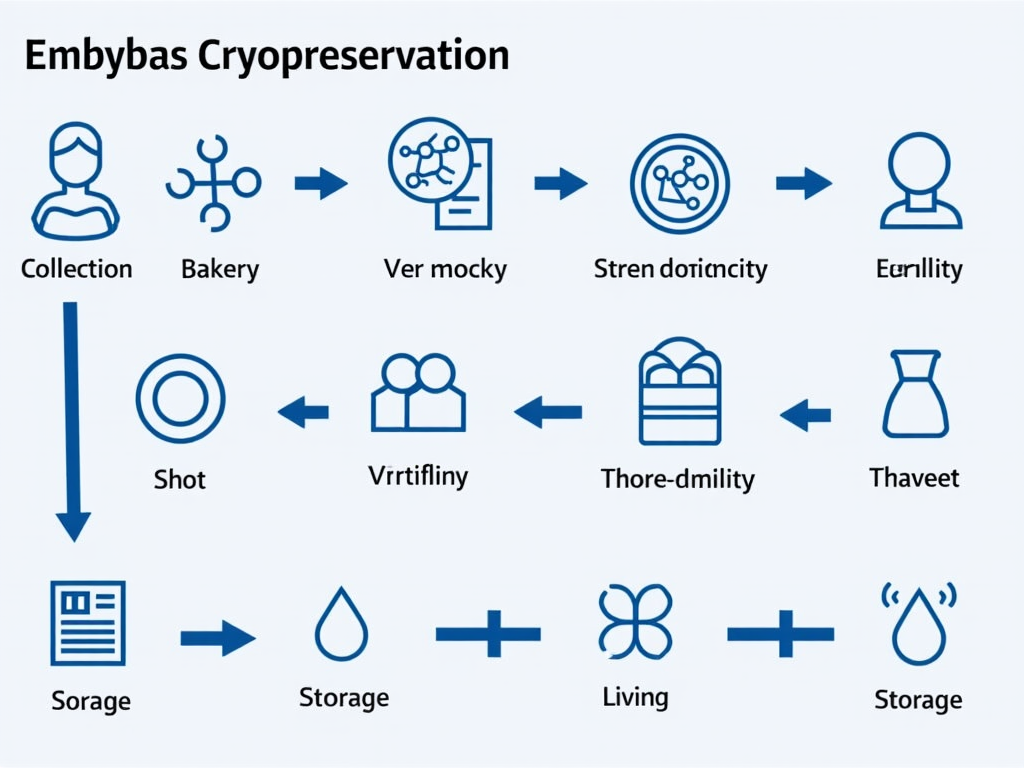
Looking Ahead
The future of fertility preservation is bright with automation. Researchers are working on even smarter systems, like ones that predict success rates better or freeze embryos faster. For anyone facing infertility, these tools offer more than just science—they offer hope. Clinics that embrace them can do more, and patients get better chances at building their families.
Summary
Automated systems in modern fertility clinics are making a huge difference. From the latest advancements in embryo cryopreservation technology to everyday efficiency, they’re improving how clinics help people with infertility. Yes, there are hurdles like cost and ethics, but the payoff—higher success rates and happier families—is worth it.